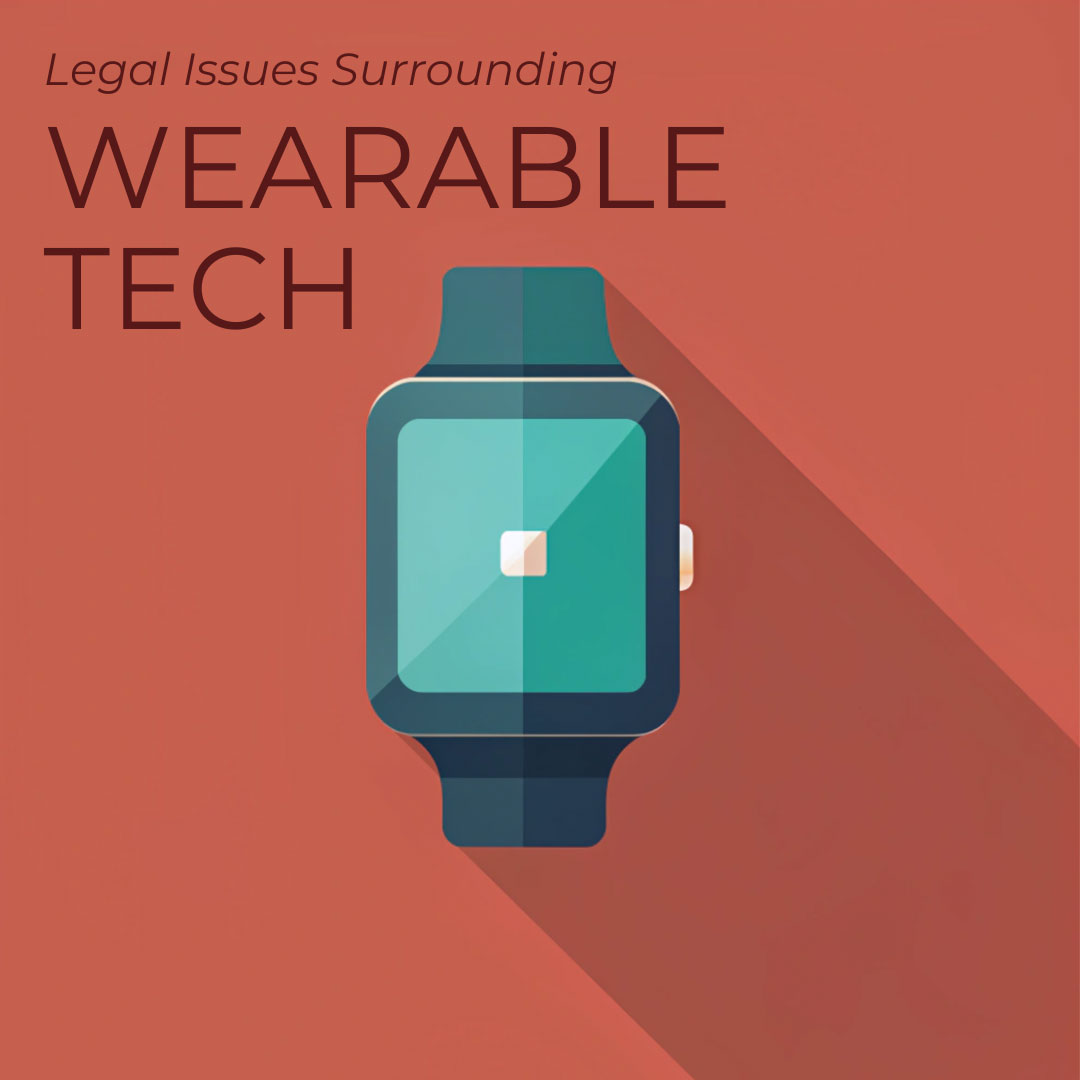Overview:
- Emerging high-fashion ensures consumer protection in the ever-evolving modern landscape.
- The interconnection of fashion and technology introduces complex legal challenges, withstanding privacy data concerns.
- Stringent data privacy concerns foster optimum growth by ensuring robust protection and trust.
- Legal framework for data protection is highly crucial.
It’s not usual that old-Hollywood glamor meets brand new technology, yet that’s exactly what prima-donna actors have been stepping onto. Coco Chanel, once quoted “Fashion is not something that exists in dresses only. Fashion is in the sky, in the street; fashion has to do with ideas, the way we live, what is happening.” Much like the concept of ubiquity, wearable tech is becoming a conduit to the world of high-fashion. That said, from the exclusivity of novel fabrics, LED volume technology to 3DFashion; fashion and technology have converged. However, as fashion and technology become increasingly intertwined, they bring forth a host of legal issues around wearable tech. In this article, we explore the dome of legal complexities challenging smart fashion, ensuring consumer protection in the evolving landscape.

The Modern-History of Fashion & Technology
Fashion design boasts a rich and enduring legacy, lingering around for the past thousands of years. The epitome of sophisticated garment craftsmanship traces its origin back to first being observed in Ancient Rome and Ancient Egypt. Pertaining to these cultures, clothing and fashion emerged as status symbols, signifying wealth for the elite. Embarked innovation during the early stages, laid the groundwork for the techniques used in designing clothes in the present day.

The Rise of Wearable Technology in Fashion
Wearable technology, popularly tagged as “wearables”, is categorized under electronic devices used as accessories. From being worn as fashion accessories, embedded in clothing, implanted in the user’s body, they have become high-fashion statement pieces.
In the 21st century, wearable tech has significantly evolved since first being worn back in the 13th century. Salvino D’Armati, an Italian from Florence, invented eyeglasses considering it as a ‘balancing’ act on the bridge of his nose. The invention improved vision for people with both hyperopia (farsightedness) and presbyopia (lens eyes become less flexible).
These accessories are highly superficial, processed by microprocessors enhanced with the ability to send and receive data via the internet. However, as these technologies collect vast amounts of data for personal data, privacy concern attests at the front.

Emerging Data Privacy Concerns in Wearable Tech Industry
Wearable tech trend scales from collecting a wide range of personal data, including biometric information, location, health metrics and more. This data can be crucial in enhancing user experience and product functionality, supporting prominent privacy concerns;

Breached Data Security
Wearable devices can be vulnerable to hacking and data breaches due to unauthorized user authentication. The extent of sensitive information being exposed to malicious users is highly concerning posing potential security threats.
Third-party Assist
In the world of the high-fashion industry being prevalent in modern society, several designers ingregrate wearable tech into their designs. A myriad of wearable tech companies share user data with third-party vendors or entities for various purposes. With personal data at risk from exposure in advertising to analytics, this raises concerns about data confidentiality and protection.
Informed Consent
Users in the industry may not fully comprehend the extent to which data collection could breach their privacy. Therefore, a privacy impact assessment could bring clarity to the implications of wearable tech must be disclosed to potential users.
Legal Jurisdiction
The collection of data by these wearable devices can often cross international borders breaching national security. Hence, it is highly crucial to understand which jurisdiction’s data protections laws may apply in a critical situation.

Legal Framework for Data Privacy
Through time and age, the legalities of the intersection between fashion and technology have become significantly complex. A robust legal framework must be adopted ensuring application of several key elements in accordance with the data privacy standards:
Consumer Privacy Laws
Across the world, jurisdictions have enacted consumer privacy laws to protect personal data, these laws, for instance;
- The U.S. Privacy Act of 1974,
- South Africa’s Protection of Personal Information Act (POPIA)
- Europe’s General Data Protection Regulation (GDPR),
- Cybersecurity Law of the People’s Republic of China,
- Singapore’s Personal Data Protection Act (PDPA).
Data Security Standards
In the dynamic of the legal industry, legal frameworks must require wearable tech companies to implement stringent data security measures. Safeguarding their interests against the breach of any malconduct of personal data can ensure a successful implementation of these frameworks.
Data Ownership & Portability
The clarification of the data ownership and transfership must be recognized by the intended user. For instance, ensuring easy access and transfer control over personal data must be smoothly achieved.
Conclusion
The future of fashion and technology is a canvas of legal frameworks ensuring the ethical beauty of the future designs. Wearable technology and smart fashion with the current legal concerns have transformed the way we interact with our accessories. That said, due to which, these innovations and data privacy concerns have become paramount. Thus, in order to strike balance between the intertwined industries of fashion and technology, upholding ethical standards helps maintain confidentiality. As wearable technology continues to evolve, fashion and technology companies must champion consumer protection for innovation at integrity.
FAQs:
What are the primary legal challenges at the intersection of fashion and technology?
The most recurring legal challenges at the intersection of fashion and technology include data and privacy concerns. Vulnerabilities in security and issues related to informed consent are quite prevalent in today’s advanced technological industry. As wearable tech advances, collecting vast amounts of data, unauthorized third-party access raises concerns about data breaches. Ensuring robust consumer protection through stringent legal frameworks remains essential in addressing these challenges.
How has wearable technology evolved in the fashion industry?
Wearable technology significantly advanced back in the 13th century. Since its early inception in the modern world, the devices back in the day remained rudimentary. With the advancement of time and technology, wearable tech introduced sophisticated items such smartwatches, fitness trackers et cetera. Tech-embedded clothing enhanced with microprocessors and connectivity features became the ‘IT’ culture and talk of the town soon. With the evolution of wearable technology in fashion, transmitting personal data emerged as the revolution in high-fashion statements.
What legal frameworks exist to address data policy in wearable technology?
Various legal frameworks have been established worldwide addressing data policy concerns in wearable technology:
a. The U.S. Privacy Act of 1974
b. South Africa’s Protection of Personal Information Act (POPIA)
c. Europe’s General Data Protection Regulation (GDPR)
d. China’s Cybersecurity Law
e. Singapore’s Personal Data Protection Act (PDPA)
These laws mandate robust data protection measures, consumer privacy rights, and data security standards.


